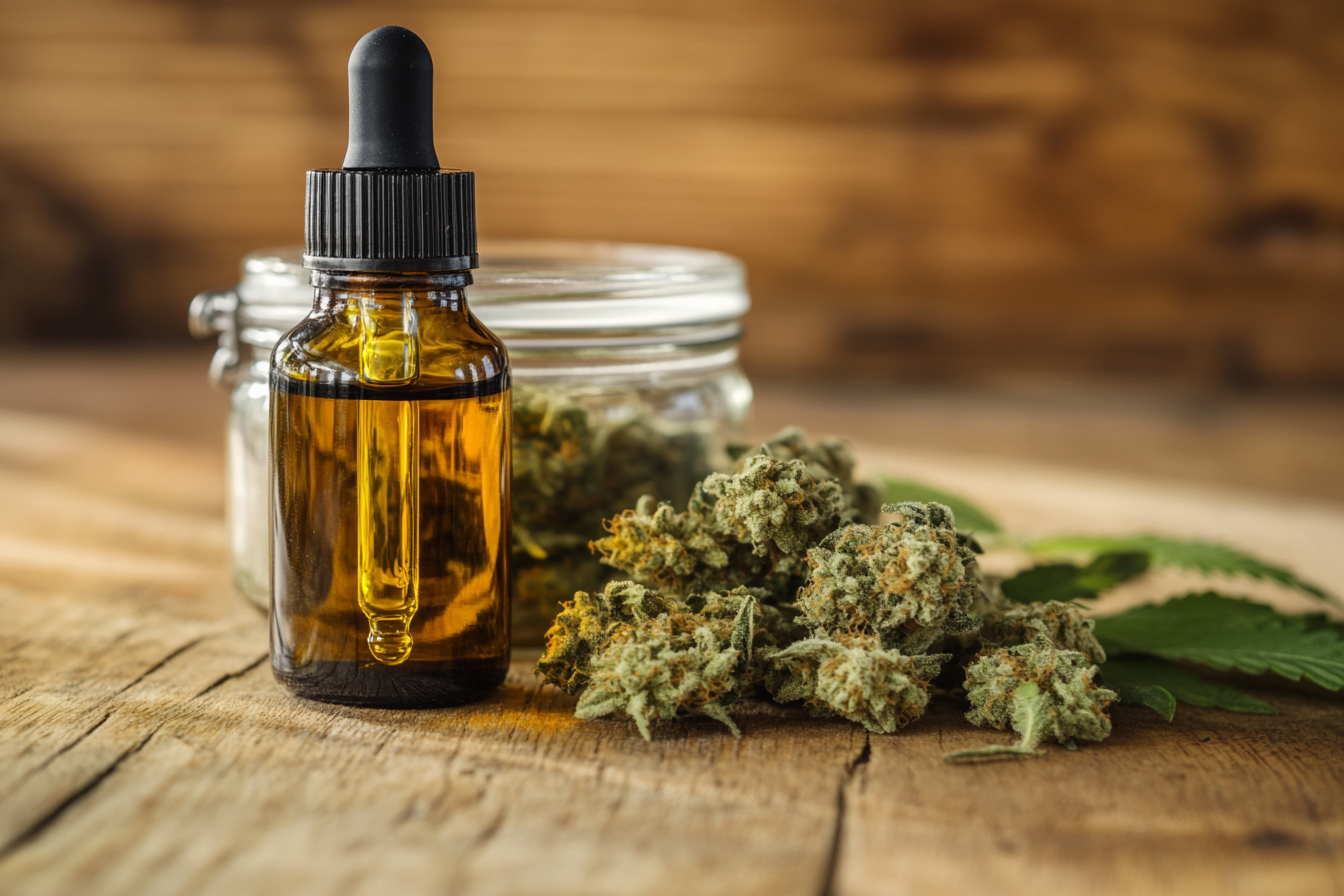In recent years, the use of CBD oil has gained significant attention as a potential remedy for anxiety. With the increasing prevalence of anxiety disorders, many individuals are seeking natural alternatives to traditional medications. This article explores the potential benefits of CBD oil for anxiety, supported by research, examples, and case studies.
Understanding Anxiety Disorders
Anxiety disorders are among the most common mental health conditions worldwide. They encompass a range of disorders, including generalized anxiety disorder (GAD), panic disorder, social anxiety disorder, and specific phobias. Symptoms can vary but often include excessive worry, restlessness, fatigue, and difficulty concentrating.
Traditional treatments for anxiety typically involve psychotherapy, medication, or a combination of both. While effective for many, these treatments can have side effects or may not work for everyone, prompting the search for alternative solutions.
What is CBD Oil?
Cannabidiol (CBD) is a compound found in the cannabis plant. Unlike tetrahydrocannabinol (THC), CBD does not produce psychoactive effects, making it an appealing option for those seeking relief without the “high.” CBD oil is created by extracting CBD from the cannabis plant and diluting it with a carrier oil, such as coconut or hemp seed oil.
How CBD Oil May Help with Anxiety
Research suggests that CBD may interact with the body’s endocannabinoid system, which plays a role in regulating mood, sleep, and stress responses. By influencing this system, CBD may help reduce anxiety symptoms.
- Reduction in Stress: Studies have shown that CBD can reduce stress levels in both humans and animals. This effect may be beneficial for those with anxiety disorders.
- Improved Sleep: Anxiety often disrupts sleep, and CBD has been found to improve sleep quality, which can, in turn, reduce anxiety symptoms.
- Neurotransmitter Regulation: CBD may influence serotonin levels in the brain, similar to some antidepressants, potentially improving mood and reducing anxiety.
Research and Case Studies
Several studies have explored the effects of CBD on anxiety. A 2019 study published in “The Permanente Journal” found that 79% of participants experienced a reduction in anxiety after taking CBD. Another study in “Neurotherapeutics” highlighted CBD’s potential as a treatment for various anxiety disorders.
Case studies also provide insight into CBD’s potential benefits. For instance, a case study involving a 10-year-old girl with PTSD showed significant improvement in anxiety and sleep quality after using CBD oil.
Considerations and Usage
When considering CBD oil for anxiety, it’s important to start with a low dose and gradually increase it. Consulting with a healthcare professional can help determine the appropriate dosage and ensure it doesn’t interfere with other medications.
CBD oil can be consumed in various forms, including tinctures, capsules, edibles, and topical applications. Each method has its own onset time and duration of effects, allowing individuals to choose what best suits their needs.
Potential Side Effects
While CBD is generally well-tolerated, some individuals may experience side effects. These can include dry mouth, diarrhea, reduced appetite, and fatigue. It’s crucial to monitor any adverse reactions and consult a healthcare provider if necessary.
Legal Considerations
The legal status of CBD varies by country and region. In many places, CBD derived from hemp with less than 0.3% THC is legal. However, it’s important to verify local regulations before purchasing or using CBD products.
Conclusion
CBD oil presents a promising natural option for those seeking relief from anxiety. With growing research and anecdotal evidence supporting its use, it offers a potential alternative to traditional treatments. As with any supplement, it’s advisable to consult with a healthcare professional to determine its suitability for individual needs. By exploring natural solutions like CBD oil, individuals may find a path to greater calm and well-being.
